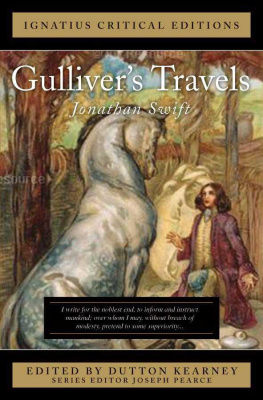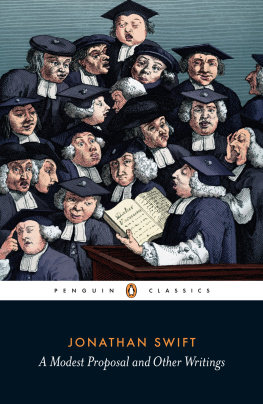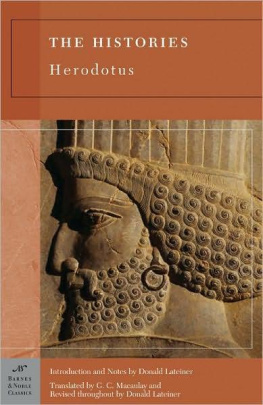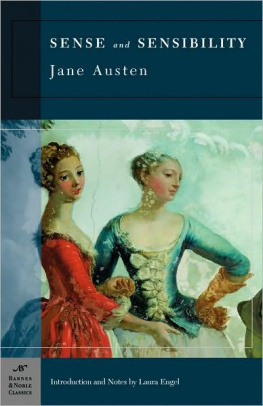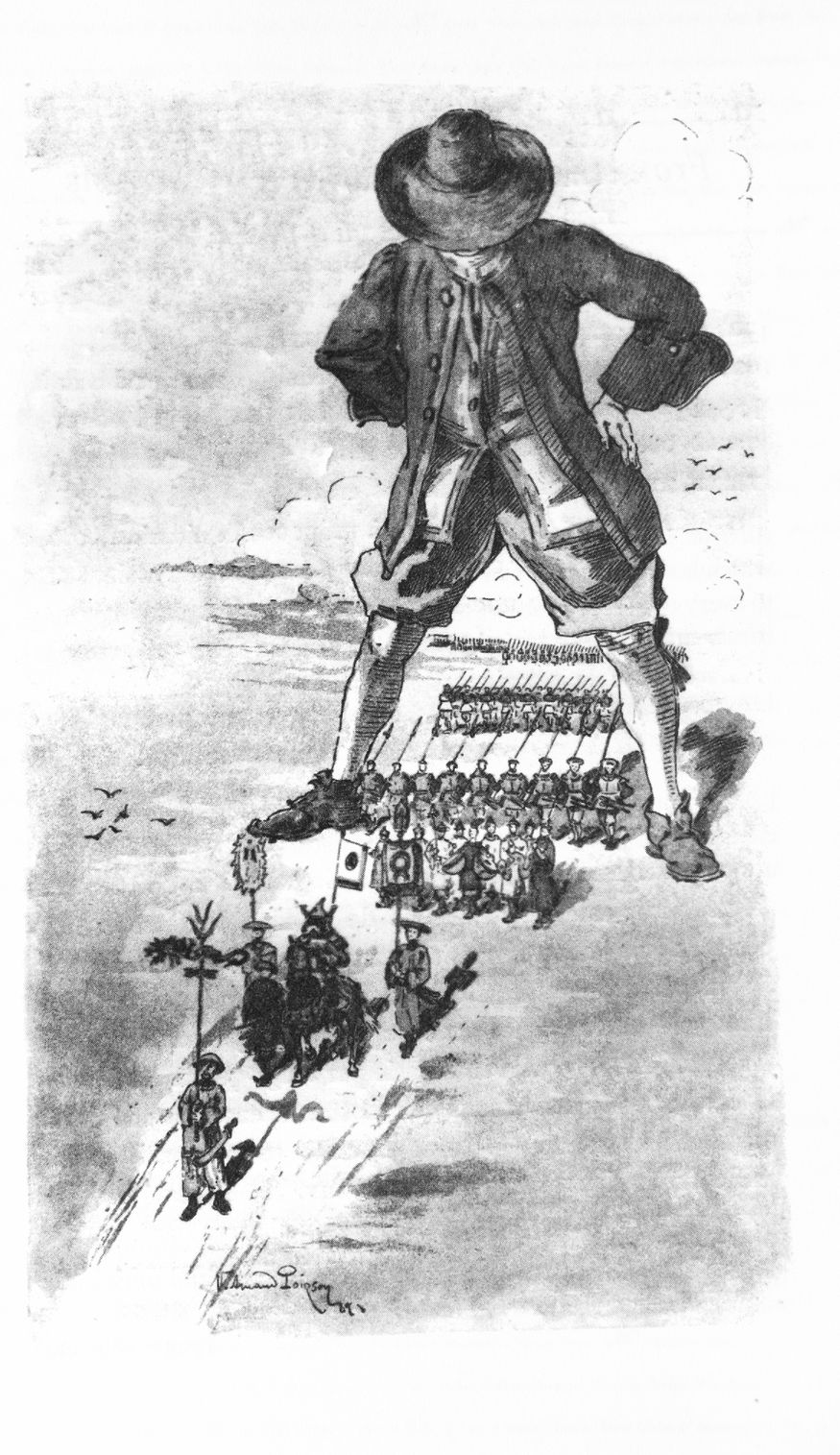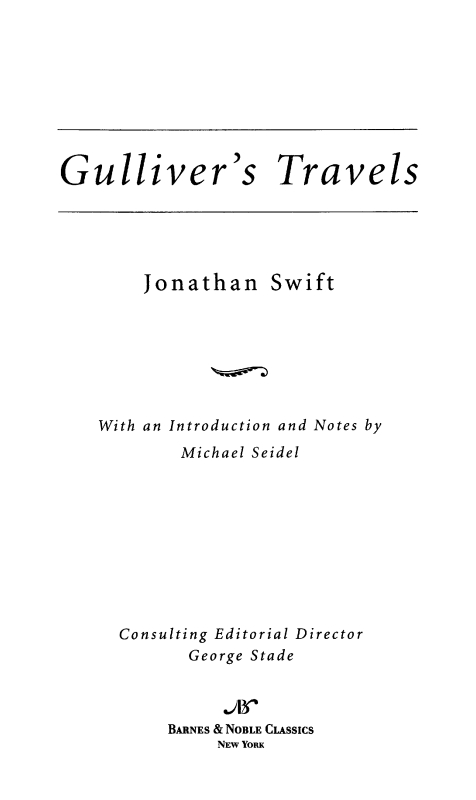
Table of Contents
From the Pages ofGullivers Travels
I felt something alive moving on my left leg, which advancing gently forward over my breast, came almost up to my chin; when, bending my eyes downwards as much as I could, I perceived it to be a human creature not six inches high, with a bow and arrow in his hands, and a quiver at his back. (page 28)
All true believers shall break their eggs at the convenient end: and which is the convenient end, seems, in my humble opinion, to be left to every mans conscience, or at least in the power of the chief magistrate to determine. (pages 56-57)
I resolved never more to put any confidence in princes or ministers, where I could possibly avoid it. (page 81)
I cannot but conclude the bulk of your natives to be the most pernicious race of little odious vermin that nature ever suffered to crawl upon the surface of the earth. (page 137)
A soldier is a Yahoo hired to kill in cold blood as many of his own species; who have never offended him, as possibly he can.
(page 247)
Some writers, to make their works pass the better upon the public, impose the grossest falsities on the unwary reader. I have perused several books of travels with great delight in my younger days; but having since gone over most parts of the globe, and been able to contradict many fabulous accounts from my own observation, it hath given me a great disgust against this part of reading, and some indignation to see the credulity of mankind so impudently abused.
(pages 289-290)
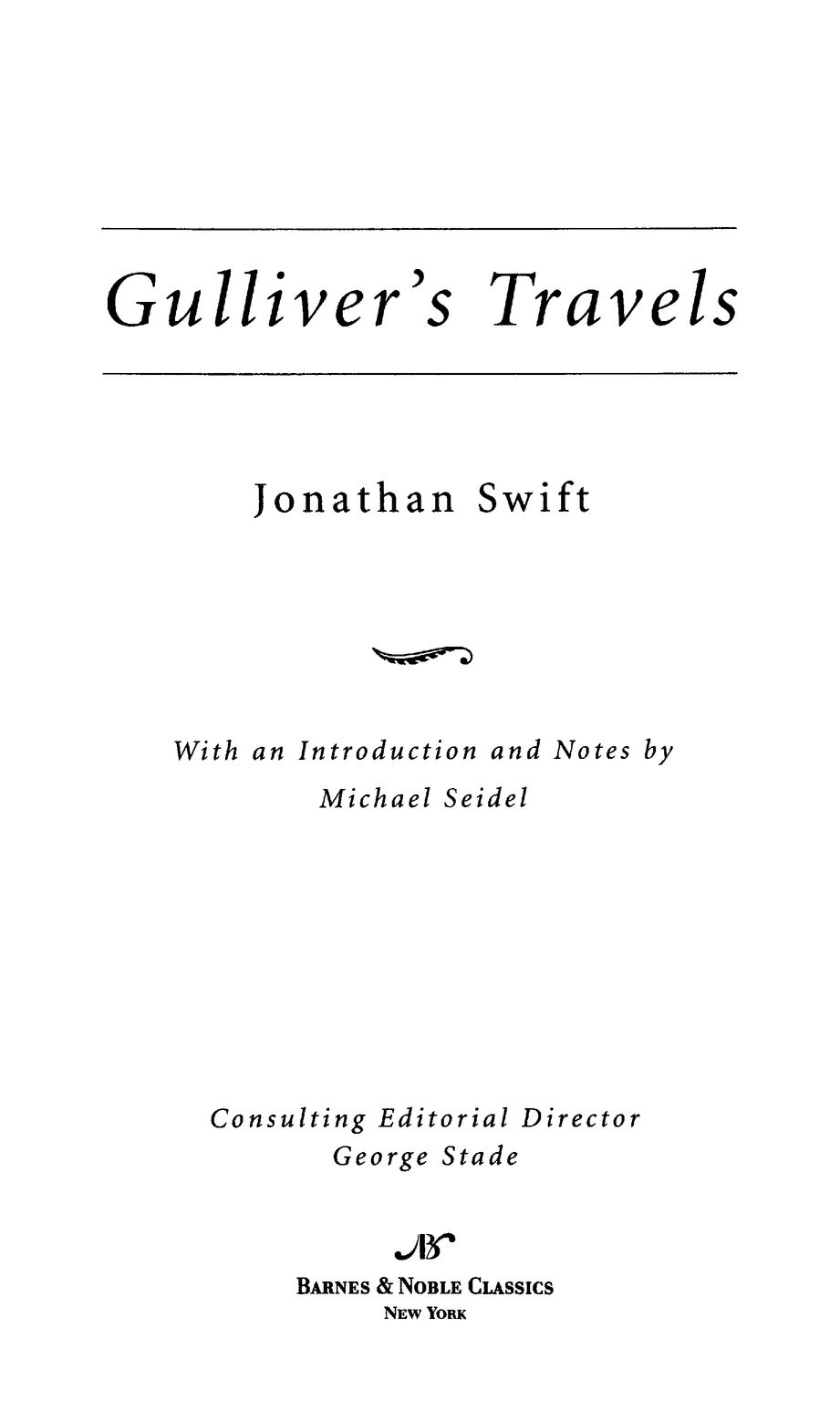
Jonathan Swift
Jonathan Swift was born in Dublin on November 30, 1667. An English civil servant and attorney, Jonathan the elder died half a year before his sons birth, leaving his wife, Abigail, penniless. An uncle took stewardship of the boy and educated him in Irelands finest school, which he detested because of its corporal punishment and tedious drilling in Latin grammar. In 1682 Jonathan enrolled in Trinity College, Dublin. Academia did not agree with the fiery, independent young man; his record was undistinguished, and he barely earned a bachelors degree.
Following the Glorious Revolution of 1688, Swift went to England, where he became a secretary to the statesman Sir William Temple at Moor Park, Surrey. A better introduction to politics would have been hard to imagine; the powerful Temple had negotiated the Triple Alliance that brought together Britain, Sweden, and Holland, and brokered the marriage of William and Mary. At Moor Park, Swift tutored a servants child, Esther Stella Johnson, who would become his great love. Around this time Swift began to show symptoms of Mnires disease, which manifested itself in tinnitus, nausea, and vertigo. Despite poor health, for several years Swift traveled between England and Ireland; he worked on and off for Temple, was ordained a priest in the Church of Ireland, and wrote poems and essays.
After Temples death in 1699, Swifts reputation as a church emissary and political satirist grew with such tracts as A Tale of a Tub and The Battle of the Books. Although several of his works were published anonymously, the authors fame spread throughout London, where he formed close friendships with the likes of the eminent writers Alexander Pope and John Gay. Though he had started out with Whig sympathies, Swift became a Tory and successfully navigated the considerable political upheavals in London during this period. In 1714, with the accession of George I and the decline of the Tories, he returned to Ireland.
Swift had assumed the prominent deanship of Saint Patricks Cathedral in Dublin, and he now devoted his literary genius to the cause of Irish patriotism. He also composed, at Alexander Popes urging and over several years, a work that would become his satiric masterpiece, Gullivers Travels. When it was published anonymously in 1726, readers clamored for copies, and all of London speculated on the identity of its author. Swift staved off the effects of his illness for another ten years. He published many poems and tracts, including the ironic A Modest Proposal, which excoriated the English economic oppressors of Ireland by proposing that the children of the Irish poor, the only thing they could freely produce, be eaten as export delicacies by the English and Anglo-Irish landlords. However, his sharp mind began to deteriorate, and his last years were marred by mental infirmity. Jonathan Swift died in Dublin on October 19, 1745.
The World of Jonathan Swift and Gullivers Travels
| 1667 | Jonathan Swift is born in Dublin. His mother, Abigail, recently widowed and poor, allows a wealthy uncle to oversee Jonathans schooling. |
| 1673 | Jonathan is sent to Irelands top elementary school, Kilkenny; a headstrong young man, he finds the atmosphere oppressive. |
| 1675 | A Satire Against Mankind, by John Wilmot, second earl of Rochester, is published. |
| 1682 | At age fifteen, Jonathan enters Trinity College in Dublin. His lack of interest in regimented academic study leads to an undistinguished record; he narrowly earns his undergraduate degree in 1686. |
| 1685 | The Monmouth Rebellion seeks to overthrow the Stuart king James II, a Roman Catholic. |
| 1688- 1689 | Swift travels to England following the rise there of anti Catholic sentiment and the Glorious Revolution of 1688, in which James II is forced off the throne in favor of the Protes tant William III and his wife, Mary II, who begin to rule in 1689. That year, the statesman Sir William Temple, a distant relative of Swifts mother, offers Swift a position as secretary at Moor Park, in Surrey. Although Swift resents the lowly post, he learns much from Temple, who had brokered interna tional alliances as well as the marriage of William and Mary. At Moor Park, Swift meets his future love, Esther (Stella) Johnson, daughter of Temples widowed housekeeper. |
| 1690 | Swift begins to show symptoms of what is probably Mnires disease; his doctors recommend a trip to Ireland to soothe his severe tinnitus, nausea, and vertigo. He returns to Surrey the next year. In the early years of this decade he writes odes and other poems. |
| 1692 | Swift receives the degree of M.A. at the University of Oxford. |
| 1695 | After being ordained as a priest in the (Anglican) Church of Ireland, Swift is appointed vicar of Kilroot, near Belfast. |
| 1696 | Swift returns to Moor Park to resume his duties with Temple. He begins to write A Tale of a Tub, a satire of corruptions in religion and learning and irrationality. |
| 1699 | Temple dies, and Swift again returns to Ireland. Over the next ten years, he will travel to England on several occasions and become known as a writer. |
| 1701 | Esther moves to Dublin. The War of the Spanish Succession begins; a complex European conflict that begins when Charles II, king of Spain and last of the Hapsburgs, dies with- out an heir, the war will last until 1714. |
| 1702 | Trinity awards Swift a doctorate. |
| 1704 |


